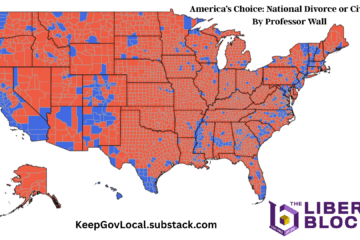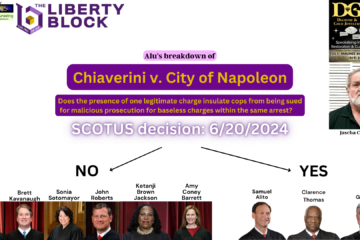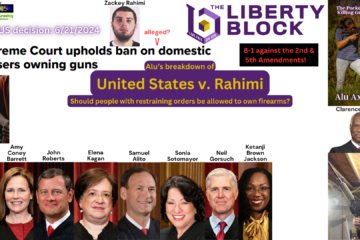In light of the recent contention regarding HB 628 and whether it proposed the creation of a NH state income tax or an additional payroll tax, we felt that we should discuss the distinction.
1) Payroll taxes seem benign to non-political voters, whereas ‘income tax’ is a heinous term, especially in New Hampshire where there is technically no state income tax. Many people simply do not understand what a payroll tax is. Once people learn that employers are technically responsible to pay the tax, many of them assume that it’s irrelevant to them. This benefits politicians who love taking money from citizens in order to enrich themselves, their cronies, and to make themselves appear generous.
2) Payroll taxes are invisible to employees, whereas income taxes are plainly visible to every employee. Income taxes appear on every paycheck, and the percentage and total dollars being taken by the government is clearly visible. Payroll taxes are invisible to employees!
3) Government employees are immune to payroll taxes. Income tax draws from the income of all people who earn an income. This includes the ever-increasing demographic of government employees. We know that politicians often exempt themselves from bad legislation/policies, but how could they exempt themselves from a new tax without appearing like the elitist bastards they are? Enter: The payroll tax! Since the payroll tax technically places the burden on the employer to give the government cash every week based on the salary that he pays his employees, all government employees are automatically exempt. This is because their employer is the government, and it would therefore be theoretically impossible for their employer to owe a tax to the government! How clever!
4) A payroll tax has no real upper limit, whereas an income tax is limited to 100% of income (at which point the person would literally be a slave to the government). Since payroll taxes force the employer to pay the government, the government could take trillions of dollars a year from massive employers like Amazon, Walmart, Exxon, Apple, etc., and the majority of American employees might remain ignorant of the tax increase, since their paycheck would not indicate that a higher percentage of income has been withheld.
All the government must do to ensure the tax is paid is pressure employers. Not each individual.
The similarity: They both decrease net income. Because payroll taxes make employers pay more money to have employees and to run their business, the employer is left with less money after an increase in the payroll tax burden. This means that the employer is forced to cut spending either in the form of wage cuts, benefit cuts, or cuts in company investment (like new equipment, for example).
Keep this distinctions in mind the next time you hear a phrase like “….funded by a payroll tax.” Politicians will be shocked to hear their constituents call them out for proposing that massive entitlement programs be funded by payroll taxes. They think we are too foolish to understand how payroll taxes affect us.


